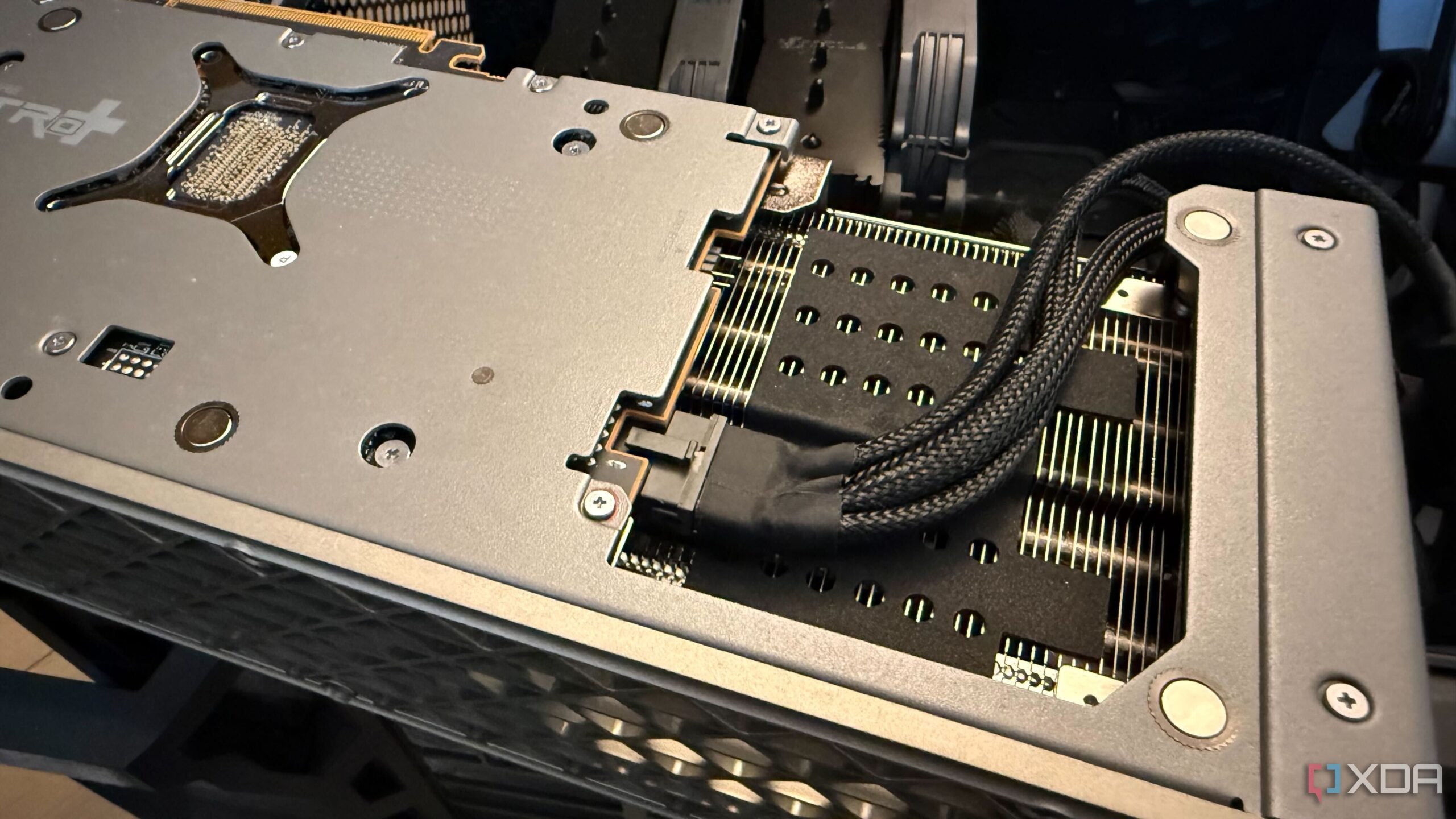Top Stories
Clock Speed Myths Debunked: What Gamers Must Know NOW

URGENT UPDATE: Gamers and PC builders, it’s time to rethink everything you know about clock speed! New insights reveal that this widely celebrated metric is no longer a reliable indicator of performance in modern CPUs and GPUs.
Latest reports confirm that the clock speed, which measures how many cycles per second a processor can execute, is losing relevance in the face of evolving architectures. A CPU running at 5.6GHz or a GPU boosting past 3,000MHz may sound impressive, but it doesn’t necessarily mean superior performance.
Why does this matter RIGHT NOW? As gaming technology advances, understanding these specifications could save you from overspending on components that don’t deliver the expected performance. The focus must shift from mere numbers to overall architectural efficiency, cache size, and IPC (instructions per clock) — factors that truly dictate processing power.
For example, the Ryzen 7 7800X3D frequently outperforms the Intel i9-12900KS in gaming, despite the latter’s higher turbo frequency. This is due to its architectural advantages and massive cache. Similarly, AMD’s RX 7900 XTX may show higher core frequencies than NVIDIA’s RTX 4090, yet still lag in actual framerates.
Modern processors are designed with complex architectures that render raw clock speed almost meaningless. The real game-changer is IPC, which measures how many instructions a processor can execute per clock cycle. Manufacturers like AMD and Apple are pushing the boundaries of performance without drastically increasing clock speeds.
In a rapidly evolving tech landscape, the clock speed should no longer dominate your decision-making process. Even the ‘boost clock’ advertised on products does not guarantee sustained performance; it represents ideal conditions that are rarely met during actual use.
Notably, there are specific scenarios where clock speed may still play a role, particularly in single-threaded applications. However, for the average gamer or PC builder, focusing solely on clock speed leads to misunderstandings about performance capabilities.
Experts emphasize that understanding the architecture and efficiency of components is crucial. As technology advances, the importance of clock speed diminishes. Instead, prioritize sustained performance under load, which is influenced by cooling systems, power delivery, and overall component design.
Stay informed and make smarter purchasing decisions as you build your next gaming rig! With these revelations, you can avoid costly mistakes and ensure that you get the best performance for your investment.
For more updates on technology trends, stay tuned and share this vital information with fellow gamers and tech enthusiasts!
-

 World3 weeks ago
World3 weeks agoGlobal Air Forces Ranked by Annual Defense Budgets in 2025
-

 World4 weeks ago
World4 weeks agoMass Production of F-35 Fighter Jet Drives Down Costs
-

 Science3 weeks ago
Science3 weeks agoTime Crystals Revolutionize Quantum Computing Potential
-

 World3 weeks ago
World3 weeks agoElectrification Challenges Demand Advanced Multiphysics Modeling
-

 Top Stories3 weeks ago
Top Stories3 weeks agoNew ‘Star Trek: Voyager’ Game Demo Released, Players Test Limits
-

 Business3 weeks ago
Business3 weeks agoGold Investment Surge: Top Mutual Funds and ETF Alternatives
-

 Top Stories3 weeks ago
Top Stories3 weeks agoDirecTV to Launch AI-Driven Ads with User Likenesses in 2026
-

 Lifestyle3 weeks ago
Lifestyle3 weeks agoDiscover Reese Witherspoon’s Chic Dining Room Style for Under $25
-

 Entertainment3 weeks ago
Entertainment3 weeks agoFreeport Art Gallery Transforms Waste into Creative Masterpieces
-

 Health3 weeks ago
Health3 weeks agoGavin Newsom Critiques Trump’s Health and National Guard Plans
-

 Business3 weeks ago
Business3 weeks agoUS Government Denies Coal Lease Bid, Impacting Industry Revival Efforts
-

 Lifestyle3 weeks ago
Lifestyle3 weeks agoLia Thomas Honored with ‘Voice of Inspiration’ Award at Dodgers Event









